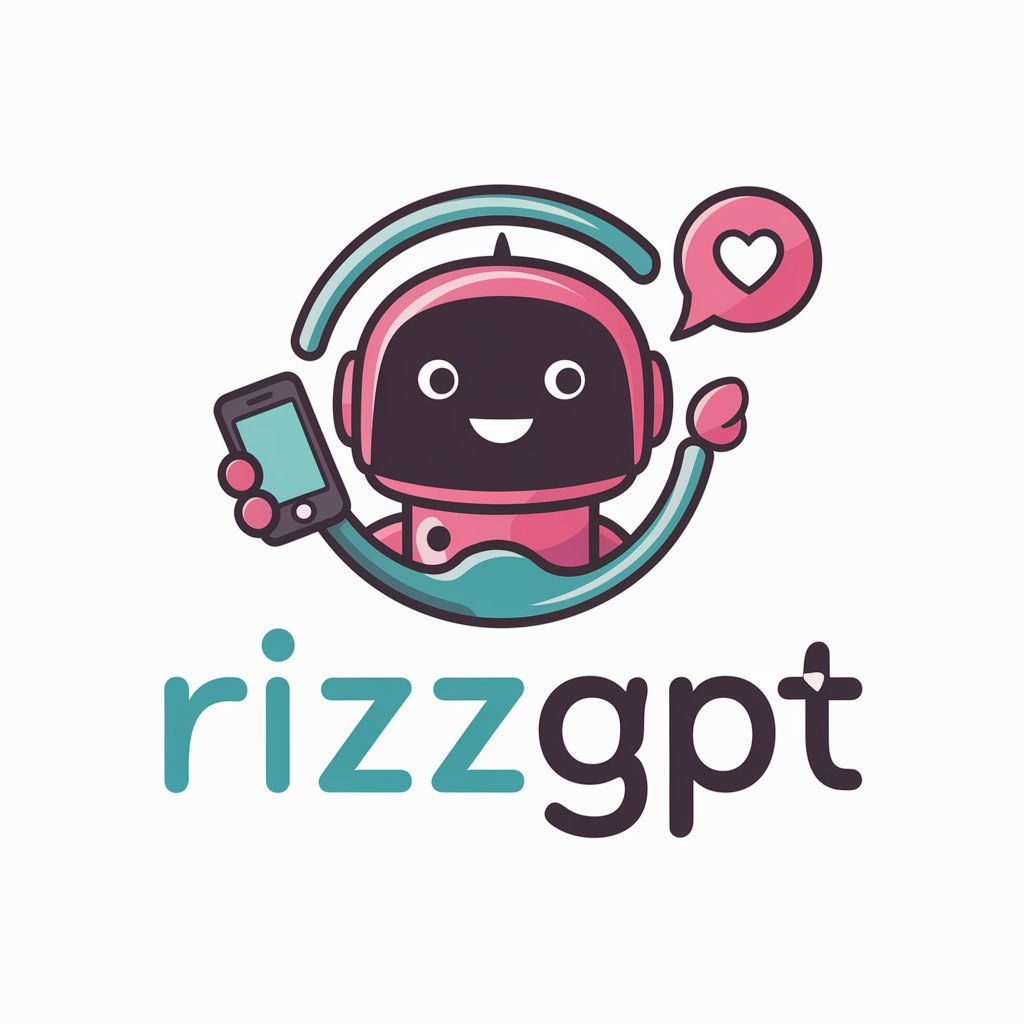Scorecard Marketing - Lead Generation Tool

Welcome to Scorecard Marketing insights! How can I assist you today?
Engage, Assess, Convert: AI-Powered Marketing
How do I start with Scorecard Marketing?
What are the key steps in Scorecard Marketing?
How a Scorecard quiz attracts more leads?
Summary of the book, Scorecard Marketing.
Get Embed Code
Introduction to Scorecard Marketing
Scorecard Marketing is a strategic approach designed to generate warm leads and engage potential clients in a meaningful way. It is built around creating a digital asset, the scorecard, which is essentially an interactive questionnaire. This tool not only attracts qualified leads but also gathers insightful data about them, allowing businesses to understand and respond to their audience's needs more effectively. An example scenario is a business implementing a scorecard to assess potential clients' knowledge in a specific area, such as digital marketing skills. The scorecard provides personalized feedback and recommendations, enhancing the user's engagement and positioning the business as a helpful authority. Powered by ChatGPT-4o。

Main Functions of Scorecard Marketing
Lead Generation
Example
Creating a scorecard that assesses a company’s sustainability practices.
Scenario
Businesses use scorecards to attract individuals interested in improving their sustainability, generating warm leads by offering actionable insights based on their scores.
Data Collection
Example
Gathering insights on customer preferences for coffee flavors.
Scenario
A café might use a scorecard to understand popular coffee flavors among its customers, enabling targeted product development and marketing strategies.
Personalization
Example
Offering personalized fitness plans based on a fitness level scorecard.
Scenario
A fitness app uses scorecards to tailor workout and nutrition plans, improving user satisfaction and retention through customized content.
Engagement and Education
Example
Educating users about financial literacy through a financial health scorecard.
Scenario
A financial services company engages users by providing them with a scorecard that evaluates their financial health, followed by educational content tailored to their score.
Ideal Users of Scorecard Marketing Services
Small to Medium Enterprises (SMEs)
SMEs benefit from scorecard marketing by efficiently generating leads and personalizing marketing efforts without the need for large marketing budgets.
Educational Institutions
Educational institutions can use scorecards to gauge potential students' interests or skill levels, tailoring their outreach and course recommendations accordingly.
Health and Wellness Brands
These brands can create scorecards to assess individuals' health and wellness needs, offering personalized products or services as solutions.
Financial Services Providers
Financial institutions can engage clients by assessing their financial health or knowledge, providing customized advice and product recommendations.

Implementing Scorecard Marketing in Five Steps
Begin Your Trial
Initiate the process by signing up for a complimentary trial at yeschat.ai, which requires no login or subscription to ChatGPT Plus.
Design Your Scorecard
Develop a scorecard tailored to your audience. This involves identifying key metrics and questions that resonate with your target demographic, ensuring the data collected is relevant and valuable.
Create Engaging Content
Produce content that educates or entertains, making your scorecard appealing. This content should guide users through the scorecard, encouraging completion and engagement.
Analyze Data for Insights
Utilize the data collected through your scorecard to gain insights into your audience's preferences and needs. This allows for personalized follow-ups and targeted marketing strategies.
Iterate and Optimize
Regularly review the performance of your scorecard and make necessary adjustments. This iterative process ensures your tool remains effective and relevant to your audience's evolving needs.
Try other advanced and practical GPTs
Democracy Simulator
Empowering Political Insight with AI

RizzGPT
Sparking Romance with AI Charm

Coronium.io ProxyGPT
Empowering Your Online Anonymity with AI

PersonalityGPT
Uncover Your Personality's Secrets with AI

Jose Blasco GPT
Empowering Traders with AI Insight

Recipe Pal
AI-powered Culinary Assistant

PixelGPT
Navigating Stanford OHS with AI
AI Father
Empowering AI innovation with expert guidance.

Castaneda's world
Unveiling Mystical Wisdom with AI

TelecomsXChange (TCXC)
Connecting Worlds with AI-Driven Telecom

短影音腳本規劃師 Karen
Empower Your Stories with AI

Study Buddy
Elevate Your Study Game with AI

FAQs on Scorecard Marketing
What is Scorecard Marketing?
Scorecard Marketing is a strategy that involves creating interactive quizzes or assessments to engage prospects, collect valuable data, and generate warm leads.
How does Scorecard Marketing generate leads?
By offering personalized insights or value through the completion of a scorecard, businesses can attract prospects interested in their offerings, capturing their information in the process.
Can Scorecard Marketing be personalized?
Yes, based on responses, businesses can tailor follow-up communications and offers, providing a highly personalized experience that increases conversion rates.
Is Scorecard Marketing suitable for all business sizes?
Absolutely. From startups to large corporations, any business can implement scorecard marketing to understand their audience better and generate qualified leads.
How do I measure the success of my Scorecard Marketing?
Success can be measured by the number of completed scorecards, the quality of data collected, and the conversion rate from leads to customers.
